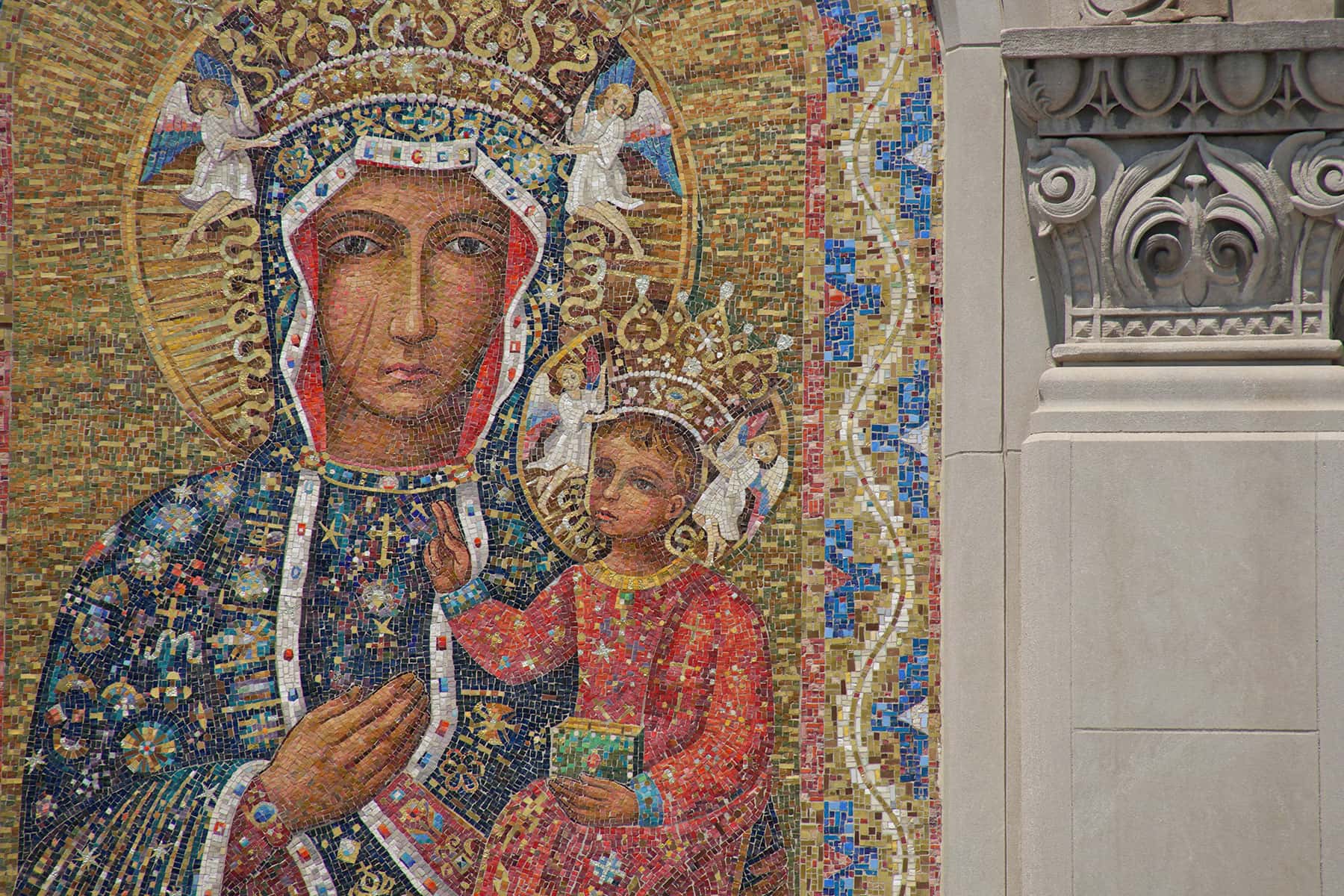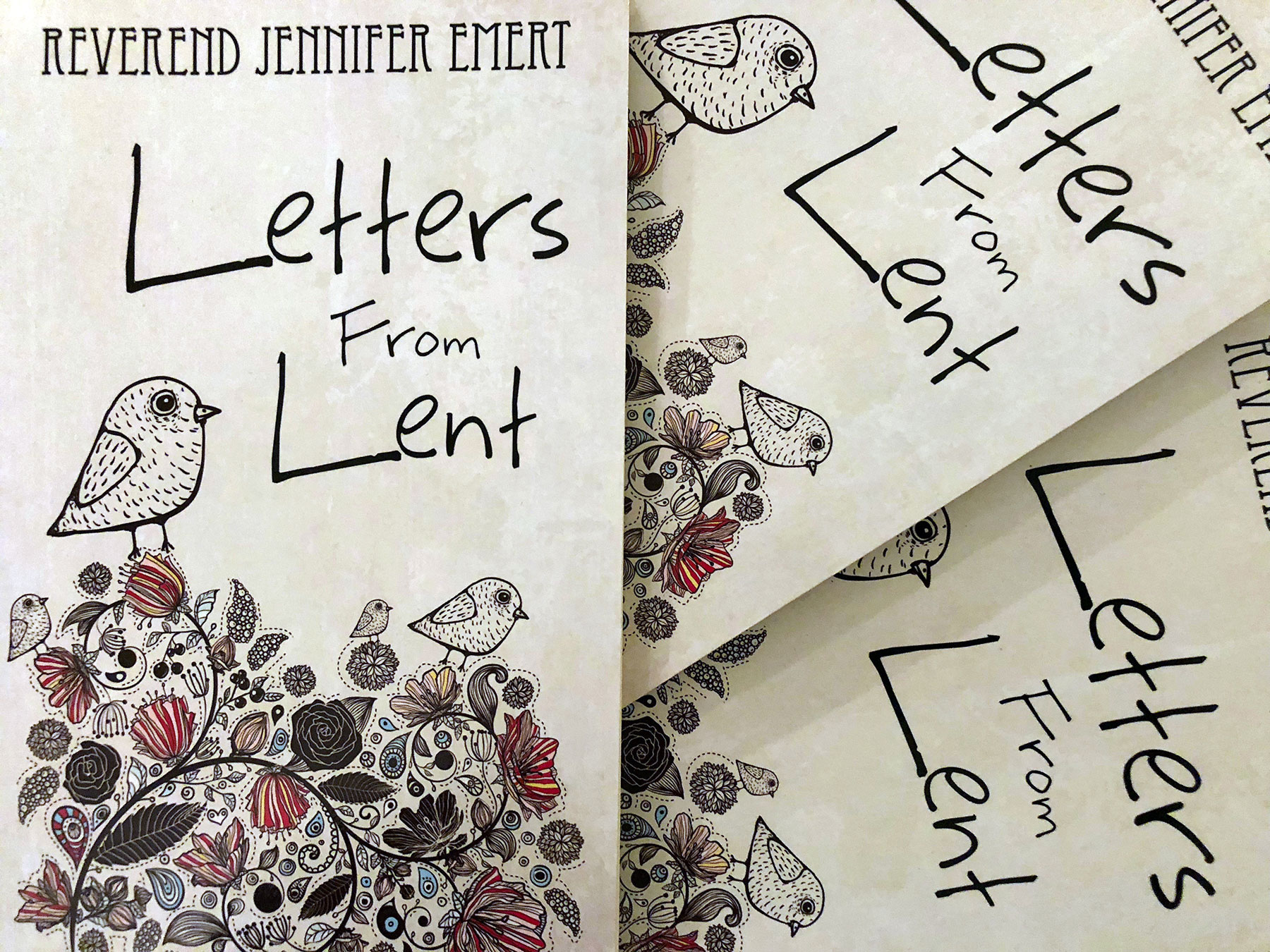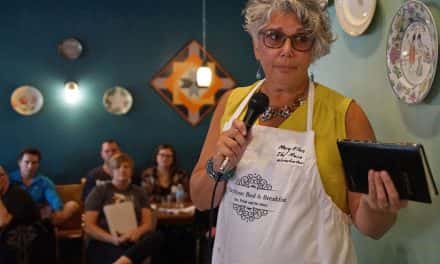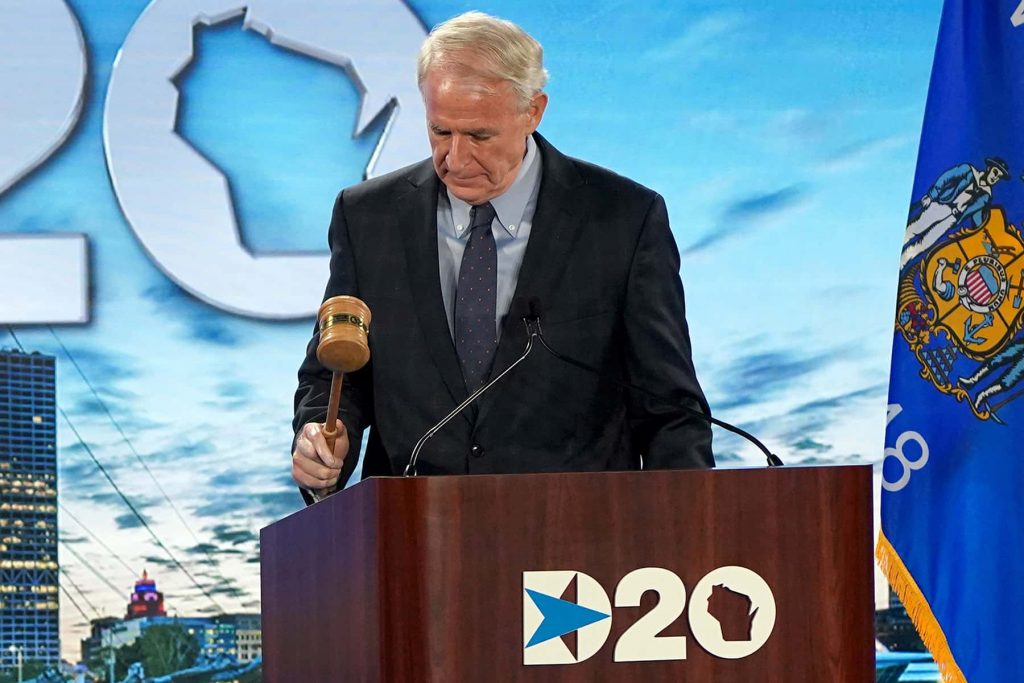
Being raised as a non-Christian person of faith in a Christian-dominated society has always been a navigational challenge, and with the politics-infused dogma of the latest political cycle it will remain so.
I recall the first time attending Sunday mass as a boy. I was about 12 years old and my friend’s grandmother insisted that I attend with their family. She was well meaning and my immigrant parents obliged.
When we got to the church, most of my thinking revolved around the differences between my experience with Sikhism and exposure to Christianity. We sit on the floor, and Christians sit in pews. We meditated and listened, while they participated and listened. Education and reverence for holy scripture was emphasized by both, but a bit differently.
Another similarity shared back then was that I always felt forced to have to attend religious services no matter the faith. Fast forward to today when I am often asked to speak in front of congregations. I still feel challenged to do so. I may look like an adult but really I am that same little boy who is questioning what all of this is for and how does religion fit me.
Anyone who knows me understands that my personal relationship with organized religion is very complicated and sometimes even rocky. This covers all faiths and followings, including my own being a Sikh. So when a friend handed me an out-of-print book written by Reverend Jennifer Emert, which details her journey through the 40 day Lent season, I accepted it with reservation.
Admittedly, my only real experience with Lent was in college. My friends would walk around the Marquette campus with ash crosses on their foreheads to symbolize the beginning of giving up something they cherish. Most of them would give up things like smoking, drinking, eating beef or stuff of that sort. So honestly, I viewed it as just another religious custom, a ritual obligation similar to a fashionable new diet plan.
My opinion was that people are not really devotional, because most people were only making a comfortable surrender of habits that only effected their own personal lives. It was not until I really delved into this book that I began to understand that Lent was not really about giving things up, but instead about what we take on.
The Milwaukee author immediately explains this, and I have shifted my entire assumption of what Lent means. She states that the Lent season is to “experience through a different lens.” It intrigued me to try viewing it from a different perspective. Being open and honest allows for the mirroring of vulnerability. As I read on, I dropped my guards and allowed for something new to take the place of my inner child, who focused much more on differences rather than commonality. Then something new developed for me, a genuine understanding rather than judgment.
The chapter “Death before Resurrection” struck a cord as the author navigates the dying love for her first husband. In this chapter she details the relationship that is shared by her ex-husband, new husband, and their children whom they all have come to share and form a three-person village. She describes how the romantic love between her ex-husband and herself needed to die before they could all be in a healthy place to put the children first. She asks us, what needs to die within us to have happier and healthier lives.
That chapter is simply an example of many that chronicle what the author takes on and consciously changes in order to grow as a person. Throughout the book, I found myself letting that little child inside, the one who sought a view of differences, also die.
If we are to be completely honest with ourselves, we are all doing the best we can. But we all have room to grow and develop a richer spirituality for our life. Understanding goes a long way. Genuine empathy goes even further. For far too long the Milwaukee community and our country has let the little child mentality of emphasizing differences rule and govern us into a mess. Trump is merely the latest joke. It is time for the public, as a collection of responsible individuals, to grow up and decide what it should take on.
Looking back, one of the many lessons that I can take from this has to do with the ash cross itself, the symbol at the beginning of the Lent season. The unifying message that “we were all born of dust and we shall all return to dust.” This coincides with the universal message of my faith, Ek Onkar, that we are all One and creation as One. In fact, every faith understands this universal message of unity. It binds us together and fundamentally sets a foundation that we must return to. Not what we give up, but what we take on instead is one of the most pressing challenges facing humanity, Severance.
So this Lent season, I will remember that these 40 days are an inspiration to journey towards one another rather than from one another. It is a celebration of the death of separation and the resurrection of connectedness. Happy Lent.
© Photo
Lee Matz















